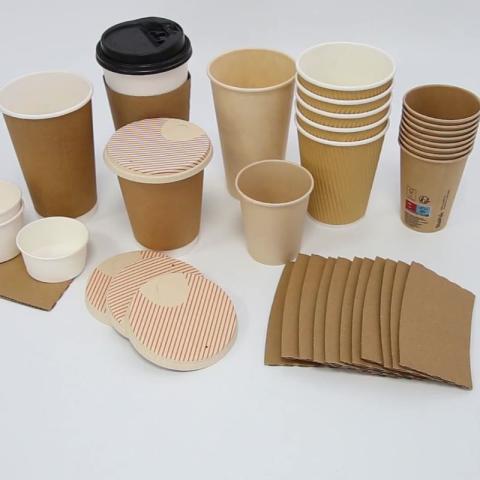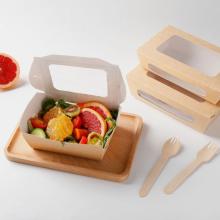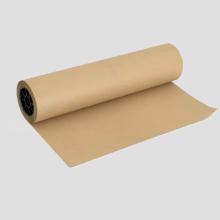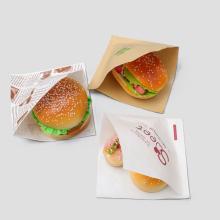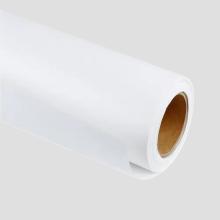PHA is a biodegradable polymer material synthesized by microorganisms, with good biocompatibility and environmental friendliness. PHA coated cupstock paper is a new type of environmentally friendly cup paper material that uses PHA as a coating material and is attached to the surface of the paper through a waterborne coating process. This material not only maintains the basic performance of traditional cup paper, but also significantly improves its oil and water resistance, and is more in line with the requirements of sustainable development.
Features
- Environmentally friendly and non-toxic: PHA itself is a natural polymer generated by the fermentation of bacteria in nature using a carbon source, without the use of any harmful chemicals in the production process, and can be completely decomposed into carbon dioxide and water under natural conditions, so it is non-polluting to the environment.
- Excellent barrier performance: the specially treated PHA coating can effectively prevent liquid penetration, making the paper cups remain structurally stable for a long time even when filled with hot or cold drinks.
- High temperature resistance: Compared with traditional PE (polyethylene) coated paper cups, PHA coated paper cups are less likely to melt and deform at high temperatures, making them more suitable for serving hot drinks.
- Easily recycled: Due to the good bonding between PHA and the paper substrate and the similar degradation rate of the two, these cups are more easily recycled and composted as a whole.
- Gradual cost-effectiveness: With the advancement of technology and large-scale production, the cost of PHA material is gradually decreasing, and it is expected to become one of the ideal choices for replacing traditional plastic coatings in the future.
Applications
- food packaging industry: it can be used to make disposable beverage cups, fast food boxes, etc., especially suitable for occasions that need to contact with greasy food.
- Medical field: Due to its good biocompatibility and safety, it can also be developed into medical packaging materials or directly applied to certain medical devices.
- daily necessities manufacturing: such as wet wipes bags, personal care products, such as outer packaging.
- Agricultural mulching materials: as a biodegradable film, it reduces soil pollution while protecting crops.
Product Category

